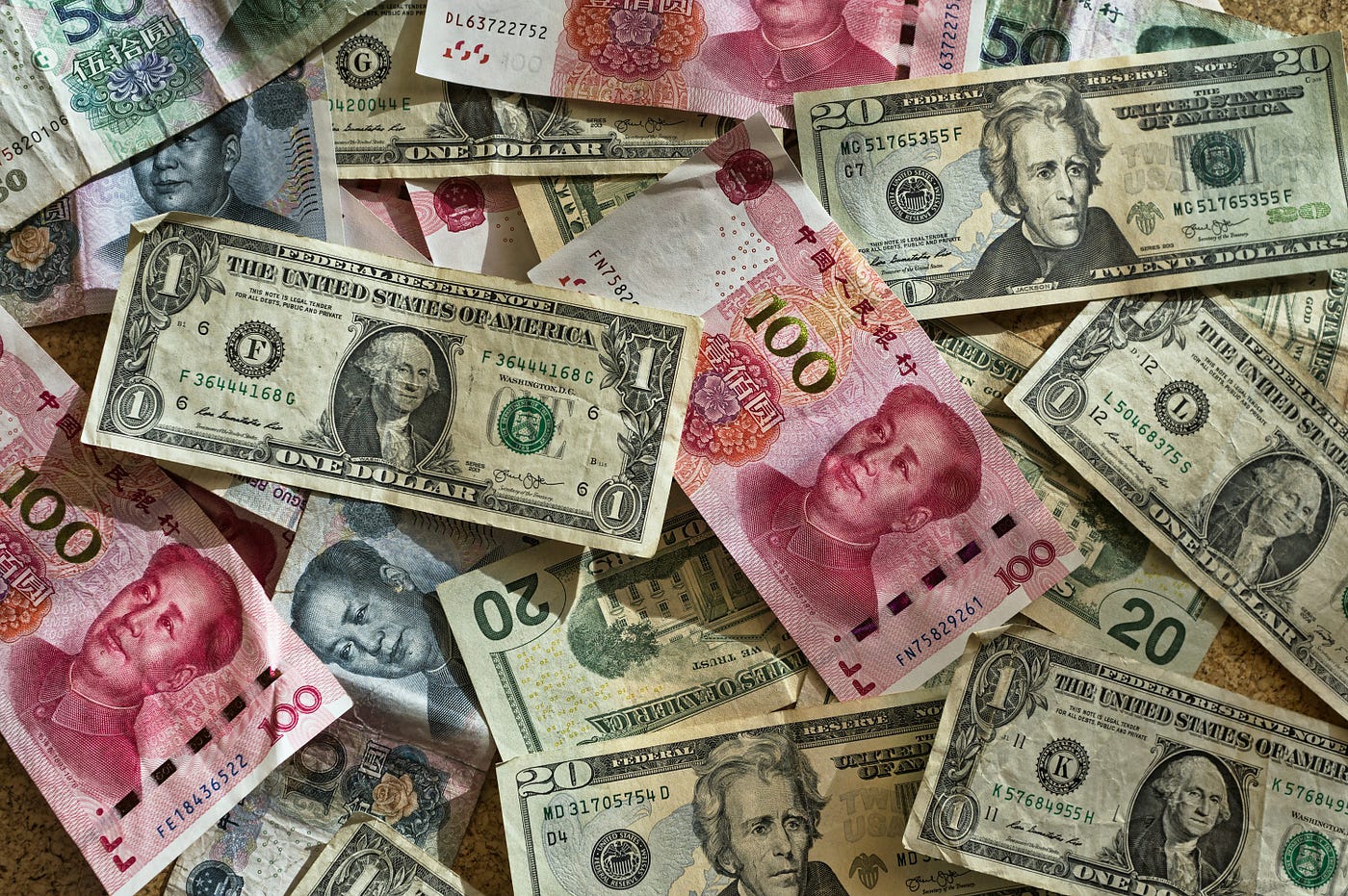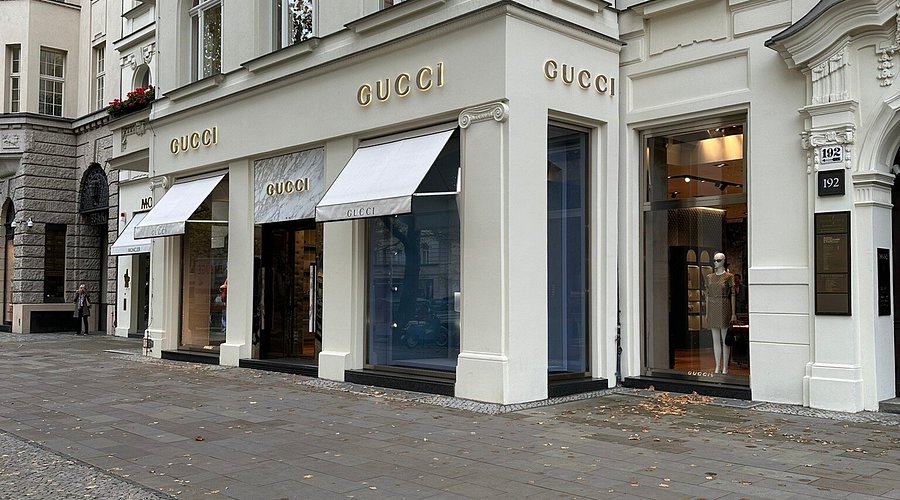Currency of Influence: How Social Capital Has Become the Ultimate Measure of Wealth
By
John Carter
Last updated:
November 5, 2025
First Published:
November 5, 2025

Photo: Medium
The New Definition of Wealth
Wealth has traditionally been measured in dollars, property, or tangible assets. In the modern era, however, influence has emerged as a currency in its own right. Social capital, the network of relationships and access a person commands, has become just as valuable, if not more so, than traditional financial holdings. For the ultra-wealthy, influence opens doors, creates opportunities, and amplifies every other form of wealth.
Investing in Connections
Modern elites treat relationships like high-value assets. They strategically cultivate friendships, alliances, and mentorships that can yield financial, social, and cultural returns. Attending exclusive gatherings, joining private clubs, and participating in elite philanthropic projects are all methods to build influence. Every connection is an investment, and every interaction carries potential returns.
Access as a Valuable Asset
Access is a form of power. Being able to meet decision-makers, gain insight before the market, or enter exclusive spaces elevates one’s social capital. For the wealthy, the ability to unlock opportunities that are unavailable to most is a critical competitive advantage. Influence becomes a multiplier, enhancing the value of every financial or tangible asset they hold.
Influence Through Expertise
Authority and knowledge are key drivers of influence. The modern wealthy cultivate expertise in niche fields, from art collecting to technology innovation. By positioning themselves as thought leaders, they command respect and attention, extending their influence into broader circles. Expertise becomes a currency that builds credibility and leverage.
The Role of Reputation
Reputation is perhaps the most fragile yet powerful component of social capital. A positive reputation opens doors, attracts partnerships, and legitimizes ventures. Conversely, a misstep can erode influence instantly. The ultra-wealthy invest heavily in maintaining discretion, credibility, and integrity, recognizing that reputation is a key form of currency that cannot be easily replaced.
Leveraging Media and Visibility
Media exposure amplifies influence. Thoughtful use of traditional press, social media, and exclusive publications allows wealthy individuals to shape narratives, highlight achievements, and subtly assert power. By controlling visibility, they can turn influence into tangible opportunities for both themselves and their networks.
Philanthropy as a Strategic Tool
Giving is not merely altruistic for the elite—it is a strategic investment in influence. Philanthropic initiatives expand networks, reinforce reputations, and provide platforms to connect with other influential figures. By aligning charitable efforts with personal and professional goals, social capital grows alongside social impact.
Global Networks and Cross-Border Influence
Influence is amplified when networks extend internationally. The modern elite cultivate relationships across borders, connecting with political leaders, industry innovators, and cultural icons. Global networks allow them to operate seamlessly across markets, creating opportunities that are inaccessible to those with localized influence.
The Psychological Advantage of Influence
Influence provides not just opportunity, but confidence and leverage. Those with high social capital can shape outcomes, guide decisions, and navigate challenges with greater ease. The psychological edge of influence reinforces both personal and professional success, making it a deeply valuable form of wealth.
Redefining Prosperity in the Modern Era
Ultimately, the currency of influence demonstrates that wealth is no longer solely financial. Social capital, access, reputation, and authority have become central to modern prosperity. The ultra-wealthy understand that money can buy many things, but influence can open every door, turning networks into an enduring and powerful asset.
Subscribe to unlock premium content
Sed at tellus, pharetra lacus, aenean risus non nisl ultricies commodo diam aliquet arcu enim eu leo porttitor habitasse adipiscing porttitor varius ultricies facilisis viverra lacus neque.
A comprehensive guide on Agile development

10 Productivity tools that are worth checking out

Top 7 Must have management tools for productivity

A comprehensive guide on Agile development

10 Productivity tools that are worth checking out

A comprehensive guide on Agile development









